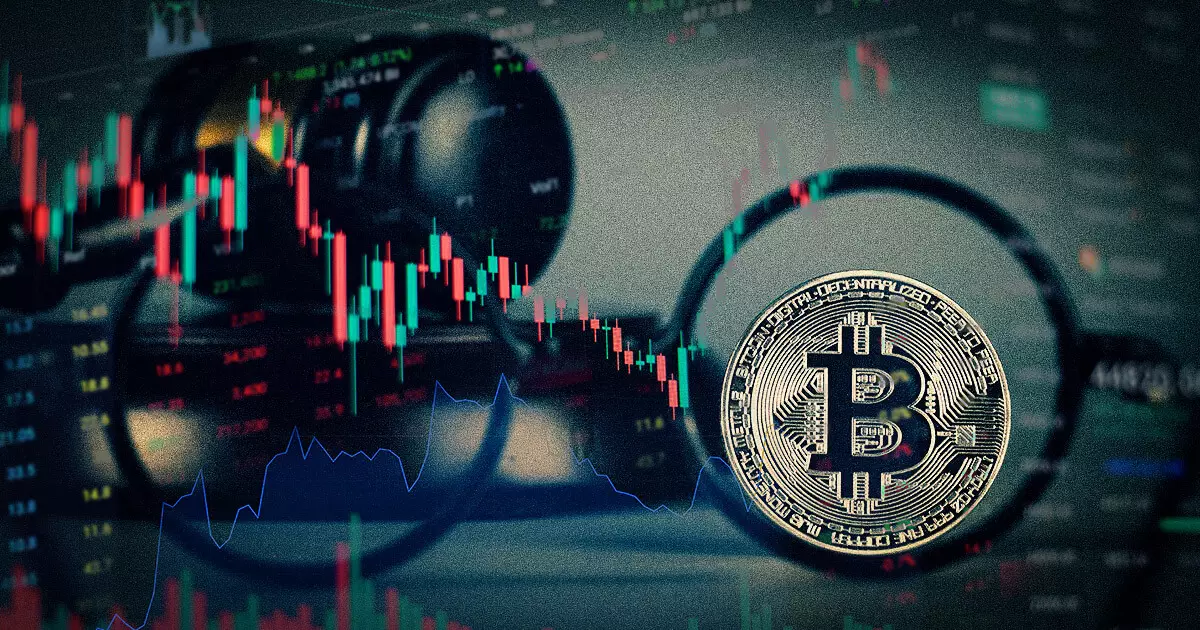The U.S. Accountability Office (GAO) has highlighted the pressing need for a government-wide approach to address significant regulatory gaps in the cryptocurrency industry. In its report titled “Blockchain in Finance,” the GAO emphasizes that while blockchain technology brings about numerous advantages, recent events such as the collapse of FTX have demonstrated the risks associated with the lack of oversight in the sector. Consequently, the GAO urges Congress to focus on enacting new legislation to address consumer protection and financial stability concerns arising from the unregulated crypto industry.
The Need for a Coordinated Regulatory Framework
The GAO report reveals that federal regulators currently lack a comprehensive framework and a coordination mechanism to effectively supervise the crypto industry. To address this issue, the report suggests the establishment of a formal coordination mechanism, which would enable federal financial regulators to collectively identify risks and develop timely responses. By implementing such a mechanism, regulators would be better equipped to oversee spot markets for cryptocurrencies that are not considered securities, as recent months have seen an increase in fraudulent activity and trading manipulation in these markets due to the absence of regulatory supervision.
Comprehensive Oversight for Non-Security Crypto Trading Platforms
Currently, platforms that trade crypto-asset securities are subject to registration and regulation under securities laws, effectively combating fraud and manipulation in those markets. However, the GAO highlights the need to treat platforms facilitating the trading of non-security crypto-assets similarly. The report emphasizes that by providing more comprehensive oversight of these platforms through new legislation, Congress can better protect users from unfair and manipulative trading practices.
The Risks of Unchecked Stablecoins
The GAO report also draws attention to the growing prominence of stablecoins in the crypto ecosystem and the potential risks they pose to financial stability if left unregulated. Stablecoins are intended to be backed by reserve assets to maintain their peg to the dollar. However, the GAO points out that there are currently no uniform standards for reserve levels, risk assessment, or disclosures among stablecoin issuers. To mitigate these risks, the report recommends the establishment of standardized rules for reserve levels and public disclosures as stablecoins become more integrated into the financial system. Additionally, the GAO suggests the creation of a legal framework for redemption rights associated with stablecoins.
In order to safeguard financial stability and protect consumers, the GAO emphasizes the necessity of comprehensive regulation in the crypto industry. The report underscores the urgency of addressing regulatory gaps related to spot cryptocurrency markets and stablecoins. By adopting a government-wide approach and enacting new legislation, Congress can ensure the effective oversight of non-security crypto trading platforms and establish standardized rules for stablecoins. It is imperative to act swiftly to prevent further risks to financial stability and to enhance consumer protection in the rapidly evolving world of cryptocurrencies.


Leave a Reply